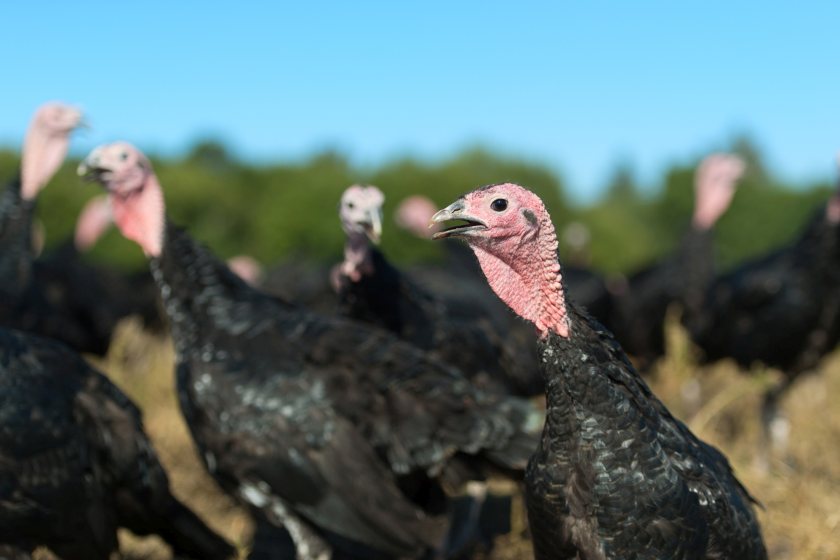Bird flu strikes Devon and Norfolk: Over 80,000 poultry culled

Two new outbreaks of highly pathogenic avian influenza have been confirmed in commercial poultry flocks in Devon and Norfolk, prompting swift action from authorities.
The first case of H5N1 was identified near Tiverton in Mid Devon, where 20,000 commercial ducks have been affected.
The second and larger outbreak occurred near Attleborough in Breckland, Norfolk, where the virus has been detected in a flock of 60,000 turkeys.
The outbreaks were both confirmed on 30 July 2025 by the Animal and Plant Health Agency (APHA).
Control measures include the establishment of disease control zones, movement restrictions, and humane culling of affected birds to prevent further spread.
It comes just days after bird flu cases were detected in both Somerset and County Durham earlier this week.
The new incidents add to a prolonged wave of avian influenza outbreaks across the UK, which began in late 2021.
The 2024/25 winter season proved particularly severe, with hundreds of thousands of birds culled following confirmed infections.
Experts are warning that H5N1 is no longer confined to colder months, with a growing number of cases detected year-round.
The persistence of the virus in wild bird populations, particularly migratory species, is thought to be a key factor in its continued spread—often linked to waterways and coastal regions.
Although the mandatory housing order for poultry and captive birds was lifted in May, strict biosecurity measures remain in force across England, Scotland, and Wales under the Avian Influenza Prevention Zone (AIPZ).
In response to the global rise in bird flu cases, a cross-party group of MPs and peers recently called on the government to fast-track legislation allowing the use of gene editing in livestock.
The group is urging the rapid implementation of secondary legislation under the Genetic Technology (Precision Breeding) Act 2023 to help futureproof UK farming against animal disease threats like avian influenza.
Authorities are continuing to urge all farmers and bird keepers to remain vigilant and adhere strictly to biosecurity measures.
Updates and zone maps are available via the Animal and Plant Health Agency (APHA) and Defra websites.








